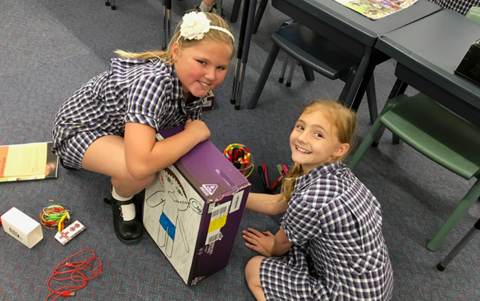DLSG Case Study: Trinity Lutheran College
The Digital Literacy Schools Grants (DLSG) grant enabled Trinity Lutheran College to create an effective STEAM maker space. Trinity Lutheran College is a non-government school in Mildura, Victoria and has a student population of 400 students from Preparatory to Year 10. It received a $20,000 grant in the DLSG round 1.
Additional details
| Year band(s) | Foundation, 1-2, 3-4, 5-6, 7-8, 9-10 |
|---|---|
| Content type | School stories |
| Format | Web page |
| Technologies & Programming Languages | Electronic programming boards, other programming languages, Robotics and drones, AR / VR |
| Organisation | Department of Education, Skills and Employment. |
| Copyright | © Commonwealth of Australia |
Related resources
-
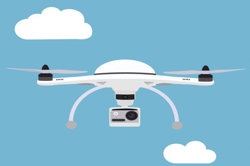
Clayfield College's Drone Club
See how a Brisbane school went about organising and implementing drones into the school curriculum.
-
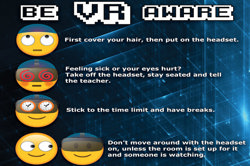
Callaghan College VR School project
The Callaghan College VR School Project has been a two-year partnership between Callaghan College and The University of Newcastle during 2017–2018.
-
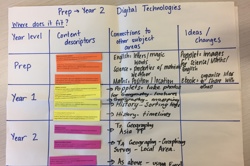
St Finbarr's School - Professional Development makes a difference
Emily Olsen describes the key elements that led to change in her school.
-

Digital Directions
A series of brief videos made in Tasmania exploring the advantages of using Digital Technologies for various industries/businesses.
-
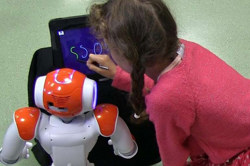
Learning by teaching ... A robot
How can an artificially-intelligent robot help children improve their handwriting skills?
-
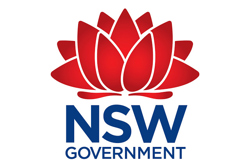
Robotics through coding
See how robotics and coding can be used to develop collaboration and critical thinking.
-
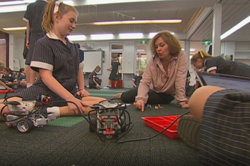
Now we are sort of testing the limits
Should learning computer coding be compulsory?
-
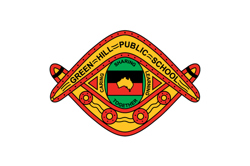
Computational thinking in a creative learning environment
At this small NSW school the teachers at the school embarked on a project focusing on student engagement.
